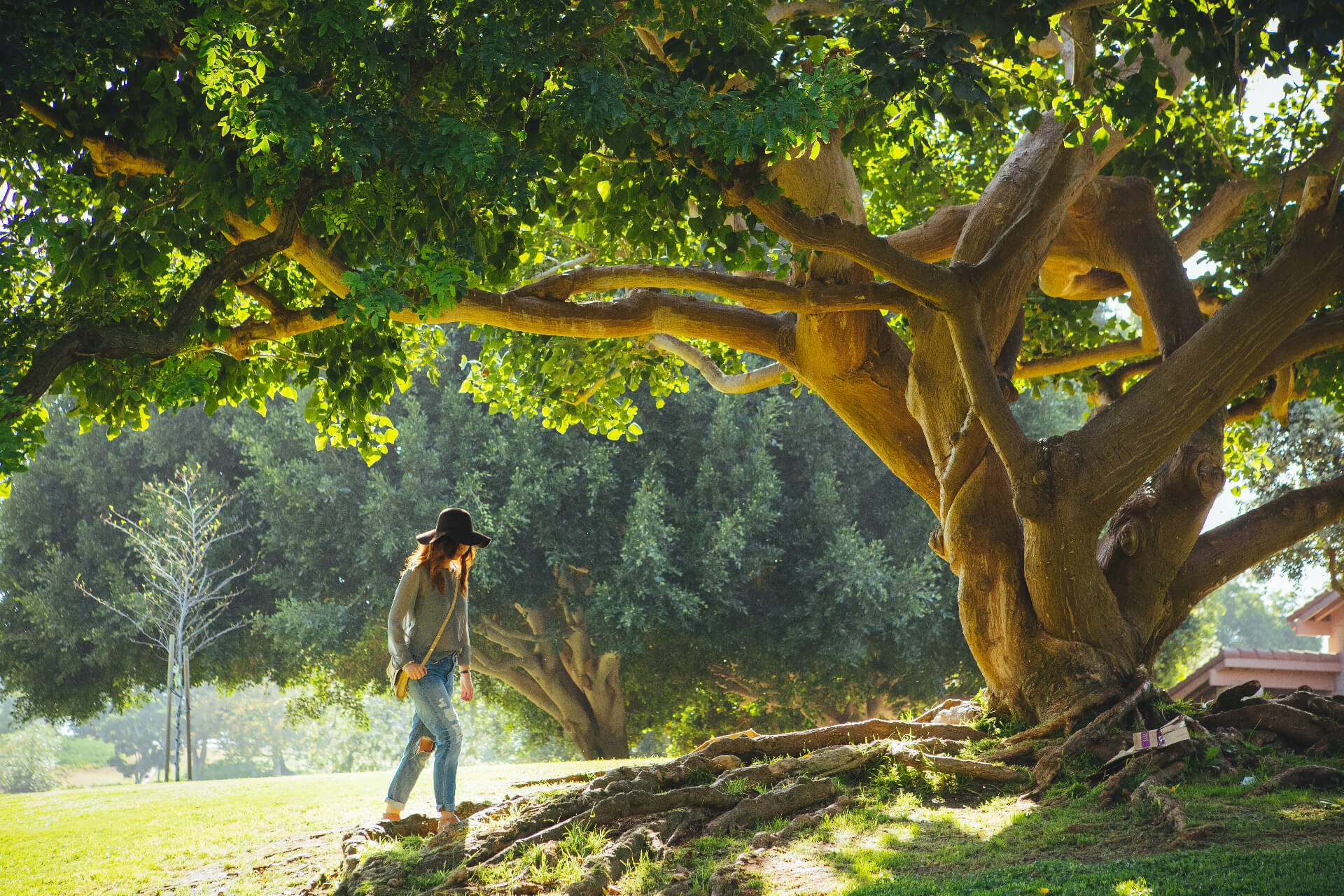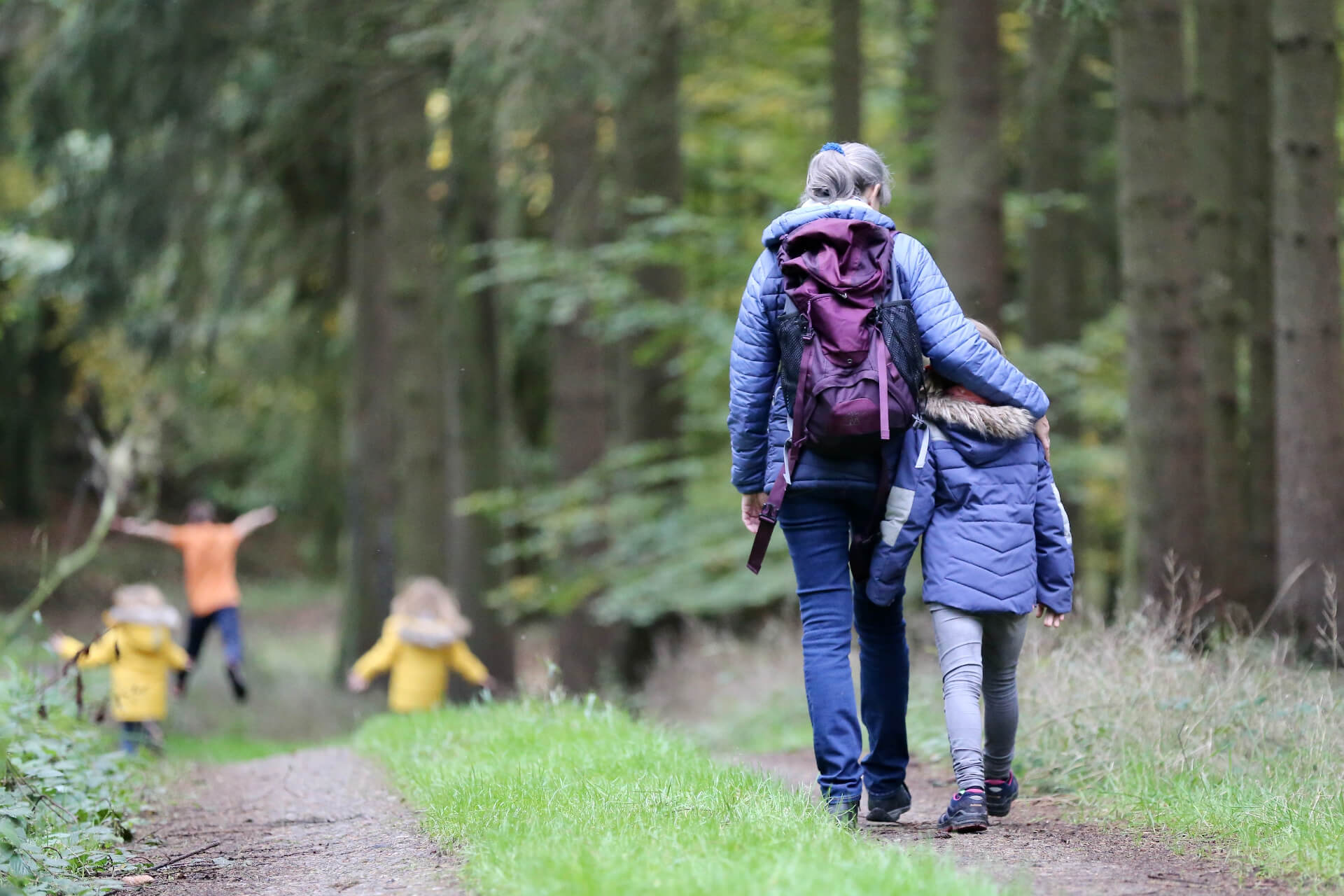
Nature Mentoring: Learning to Explore Ecology
We are reader-supported. When you buy through links on our site, we may earn affiliate commission.
Urbanization is making people long for greenery. Humanity has separated itself further from the Earth’s wildness, leaving people emotionally and naturally disconnected. This comes with massive benefits and losses. The global population is developing new technological skills and learning more diverse topics because of the proliferation of information. But does that learning include natural appreciation and how to live harmoniously with the planet? Not frequently. How can nature mentoring fix that?

What Is Nature Mentoring?
Nature mentoring arose from the Nature Mentors program, created by Brian Mertins, though the idea has taken other forms before this. This specific program’s objective is to reintroduce naturalist knowledge into the mainstream. He was inspired by a walk in the woods, where he experienced his senses fully for the first time. The clarity motivated him to become a student of nature, learning more about its inner workings and spreading that knowledge to as many people as possible.
The idea behind nature mentoring is more practical than emotional or spiritual connectivity with the planet — though the latter typically arrives for many people later in their education. Mertins likes to ask mentees, “What can you do?”
This question requires students to be aware of their surroundings, such as the sound of bees or the smell of freshwater. What can you do now that you know those things if you are in a natural setting? Depending on your circumstances, it may yield different answers, such as relocating camp away from beehives and closer to water sources.
Similar objectives include the Wilderness Awareness School in Duvall, Washington and the Earth Native School in Bastrop, Texas. Every program aims to reconnect with the planet with empathy and awareness.
Who Is a Nature Mentor and How Do You Become One?
The term nature mentor does not necessarily mean the instructor for these programs, though this does apply. In a more generalized sense, a nature mentor wants to teach others how to live alongside nature by learning its intricacies. Nature mentoring is not locked behind formal education, though you can be self-taught just like any skill in the modern age.
Becoming a nature mentor can also take formal or informal routes. You could work for programs like those mentioned above or serve as a nature mentor for loved ones or your community.
Numerous nonprofit organizations would benefit from having a nature mentor to inspire and inform incoming volunteers. Your participation in nature mentoring is an individualized experience based on your personal goals.
What Do You Learn During Nature Mentoring?
There are primarily practical and some mindset skills each nature mentoring opportunity contains. Let’s explore the various options, comparing what each program provides, though these may not be all-encompassing. Several of these programs have financial and skill-based prerequisites, though the Nature Mentors program is the most beginner-friendly and accessible.
| Program | Nature Mentor | Earth Native | Wilderness Awareness |
| Mentored Skills | Bird Language Wildlife Tracking Natural Navigation Plant Identification Land Patterns Sensory Awareness Observation Skills Art of Questioning Nature Journaling | Jon Young’s 8 Shields Mentoring Model Art of Questioning Peacemaker Principles Natural Gratitude Practice + Adult and Child topic-specific courses, like ethnobotany and sustainable living | Coyote Mentoring Philosophy Nature Connection Skills, like bushcraft and bird language Assessing Risks + Adult and Child topic-specific courses, like animal tracking and first-aid training |
As you can see, the topics covered in each school are extensive. Many overlap, while others include additional education to train people to teach these topics instead of just for personal betterment. Other bonus skills include becoming more familiar with local flora and fauna, making you more familiar with nature on a level that applies to your everyday life.
You could receive nature mentorship without becoming a mentor yourself. However, the journey might inspire you to continue disseminating the information to the public.
What Soft Skills Do You Learn in Nature Mentoring?
Many of these subject areas are hard skills. Nature is complex, so knowing the facts is crucial for survival and treating nature with respect. Learning to interact with and not destroy it are critical tenets of many nature mentoring programs. However, a side effect of nature mentoring is developing other less concrete skills, such as:
- Problem-solving: Unravels previously hidden solutions you overlooked before understanding what nature offers.
- Teamwork: Forges community-building in group settings to ensure each other’s safety.
- Sustainability awareness: Reveals how human actions have a butterfly effect on environments and biodiversity.
- Open-mindedness: Provides more holistic education with more diverse topics and experiences.
- Environmental appreciation: Discovers why nature matters to a fulfilling life.
- Emotional regulation: Inspires level-headedness by increased mindfulness and mental fortitude from extended exposure to nature.
- Creativity: Encourages natural inspiration for artistic endeavors.
What Is the Difference Between Nature Mentoring and Forest Schools?
You may have stumbled upon forest schools while researching nature mentoring. Forest schools are more formal forms of education, and most are private and tuition-based. Some even replace traditional schooling. The two educational techniques have similar ideologies and focus on immersing learners in nature for deeper understanding.
Forest schools have a framework that focuses on natural play, independent learning, and organic discovery. Though these might be byproducts of nature mentoring, they are not the focus.
Nature mentoring can be for children and adults, while forest schools are primarily for children. They may also have a developmental focus, honing in on fine and gross motor skills with environmental stimuli. There is also a focus on other areas of study and not just ecological topics. Nature mentoring gets more into the minutiae of nature, while forest schools are focused on exposure, increasing familiarity, and developing curiosity.

Nature Mentoring Is Needed During Urbanization
Nature mentoring is often optional and not included in public education. It seems like a luxury because of its exclusivity when it should be accessible to all who want to learn. If more people had nature mentoring resources, it’s possible climate action would happen sooner. The population would be more appreciative of what nature provides while taking care of it and restoring it when people take from it.
Share on
Like what you read? Join other Environment.co readers!
Get the latest updates on our planet by subscribing to the Environment.co newsletter!
About the author
Maria Visser
Maria serves as the Assistant Editor of Environment.co. A true foodie and activist at heart, she loves covering topics ranging from veganism to off grid living.





